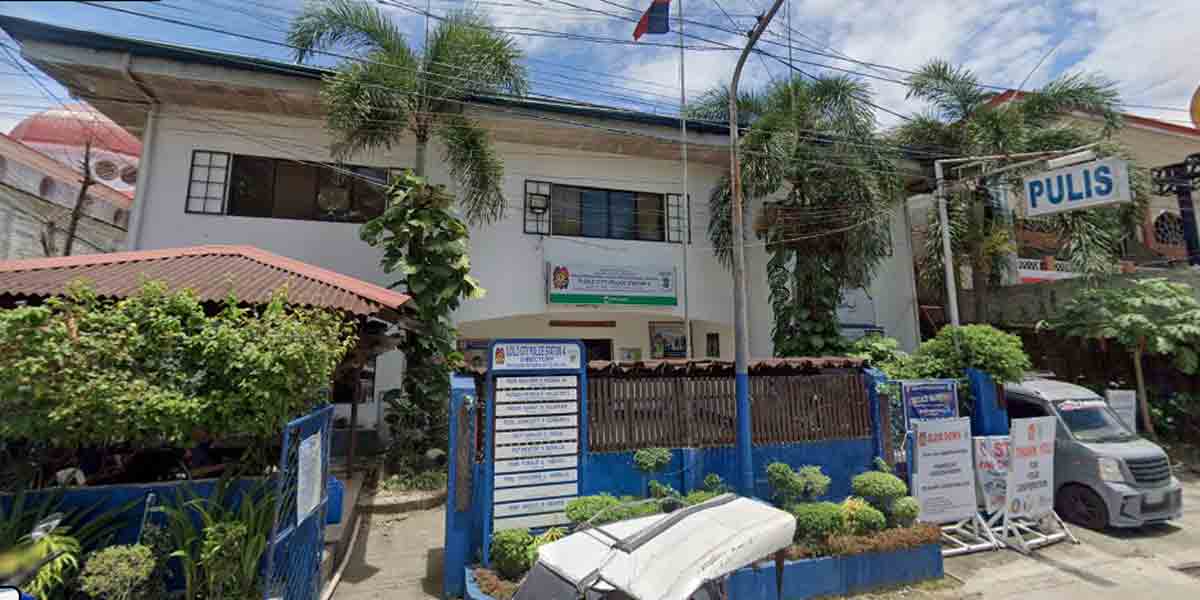State-run Land Bank of the Philippines (LANDBANK) has onboarded 7.2 million unbanked Philippine Identification System (PhilSys) registrants as of 31 December 2021, in line with its contribution to advance greater financial inclusion in the country.
The onboarding is a result of LANDBANK’s co-location strategy with the Philippine Statistics Authority (PSA) at hundreds of registration sites nationwide for the PhilSys Project, where qualified unbanked registrants are provided with their own transaction accounts free-of-charge and with no initial deposit requirement.
Of the 7.2 million onboarded national ID registrants nationwide, 1.6 million are from Central Luzon, 1.4 million from Eastern Mindanao, 1.2 million from Eastern Visayas, and 1.1 million from Western Visayas.
“LANDBANK remains committed to reaching more of the unbanked population in support of the National Government’s financial inclusion agenda. We have so far made significant headway in bringing unbanked PhilSys registrants into the formal banking system, as we continue our strategic and fruitful partnership with the PSA,” said LANDBANK President and CEO Cecilia C. Borromeo.
The carded PhilSys registrants have already utilized their LANDBANK prepaid cards for various transactions amounting to P86.1 million. These include loading cash into their accounts, withdrawals at Automated Teller Machines (ATMs), and making payments via point-of-sale (POS) terminals and online, among others.
Unbanked PhilSys registrants may sign up for LANDBANK transaction accounts once they complete the ongoing PhilSys Step 2 registration process, which covers validating supporting documents and capturing biometrics information.
Meanwhile, the state-run Bank clarified anew that the LANDBANK prepaid cards being issued to unbanked national ID registrants are not pre-loaded with government subsidy or ‘ayuda’, in response to fake news circulating in social media.
LANDBANK reaffirms its support to the National Government’s target of providing at least one bank account for every Filipino household equivalent to 13.5 million accounts throughout the whole co-location partnership with the PSA.



















